Study on the Stability Evaluation of Ecological Environment in Tibet From the Perspective of Sustainable Development
DOI: 10.23977/erej.2021.050208 | Downloads: 11 | Views: 1935
Author(s)
Liming Wang 1
Affiliation(s)
1 Tibet University, Lasa, Tibet 850012, China
Corresponding Author
Liming WangABSTRACT
There are many special and unique types of ecosystems, which play an important role as a barrier to the ecological security of China and even Asia. In recent years, with the intensification of global climate change and the impact of human activities, the ecosystem of the Tibet Plateau has undergone significant changes. We must not only focus on the region, but also consider the whole country and even the world. That is to say, as a new type of tourism, eco-tourism pays special attention to training tourists to learn, experience and appreciate the natural environment, or to appreciate some of the elements in the cultural background connected with the natural environment. It has obvious environmental and social aspects. Cultural sustainability. The white paper puts forward the future development direction from six main aspects, such as the gradual improvement of system of ecological civilization, remarkable achievements in ecological conservation, sustained and stable environmental quality, steady development of characteristic industries, basic establishment of scientific and technological support system, and gradual formation of ecological culture. The plateau itself and its surrounding areas have a great impact on human living environment and economic and social development, and play a vital and irreplaceable role in human survival and development. This paper discusses how to realize the sustainable development of Tibet on the premise of protecting the ecological environment of Tibet from the aspects of ecological environment and resource status, strategic orientation of sustainable development of Tibet and capacity building.
KEYWORDS
Tibet; ecological environment; sustainable developmentCITE THIS PAPER
Liming Wang. Study on the Stability Evaluation of Ecological Environment in Tibet From the Perspective of Sustainable Development. Environment, Resource and Ecology Journal (2021) 5: 34-39. DOI: http://dx.doi.org/10.23977/erej.2021.050208
REFERENCES
[1] Huang Jingmei, Zhang Wenbin. Research on the development of rural ecotourism from the perspective of low-carbon tourism——Taking Burang County, Tibet as an example. Guangdong Sericulture, vol. 51, no. 005, pp. 4-5, 2017.
[2] Zhang Yangjian, Zhu Juntao, He Yongtao, et al. Science and technology support the ecological environment protection and sustainable development of agriculture and animal husbandry in the Tibet Plateau. Bulletin of the Chinese Academy of Sciences, vol. 033, no. 003, pp. 336-341, 2018.
[3] Wang Yiran. Analysis on the coordination degree of sustainable development of ecological economy in Lhasa. Journal of Taiyuan Urban Vocational College, vol. 210, no. 01, pp. 24-26, 2019.
[4] Sun Yong, Zhu Jinchun. Development, stability and security: Tibet's sustainable development from the frontier perspective. Western Development Review, no. 00, pp. 73-83, 2016.
[5] Gou Xiaojiang, Zhao Li. Research on the Corporate Culture Construction of Tibetan Listed Companies from the Perspective of Sustainable Development. Journal of Shanxi University of Finance and Economics, vol. 038, no. 01, pp. 20-22, 2016.
[6] He Yongtao, Zhang Xianzhou, Yu Chengqun. Coupling development and ecological effects of the agricultural and pastoral system on the Tibetan Plateau. Bulletin of the Chinese Academy of Sciences, vol. 031, no. 001, pp. 112-117, 2016.
[7] Tashi Zhuoma. A brief discussion on the sustainable development of rural tourism in Tibet under the Rural Revitalization Plan. Research on Industrial Innovation, vol. 34, no. 05, pp. 26-27, 2020.
[8] Jiao Min, Chen Ya'an. Research on the Sustainable Development Path of Traditional Ancient Village Eco-tourism under the Theory of Community Participation: Taking Cogao Village of Linzhi, Tibet as an Example. Journal of Nanyang Normal University, no. 3, pp. 10-18, 2020.
[9] Chen Aidong, Liu Ye. Research on the impact of forest carbon sinks on the development of Tibet's forestry economy from the perspective of the "two mountains" concept. Journal of Tibet Nationalities University (Philosophy and Social Sciences Edition), vol. 000, no. 001, pp. 7-12 , 2019.
| Downloads: | 6155 |
|---|---|
| Visits: | 497143 |
Sponsors, Associates, and Links
-
International Journal of Geological Resources and Geological Engineering
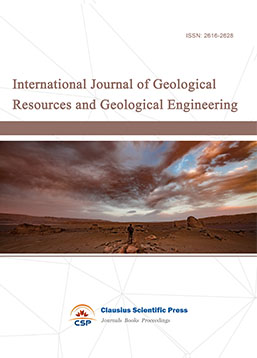
-
Big Geospatial Data and Data Science
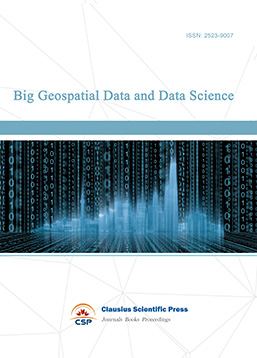
-
Solid Earth and Space Physics
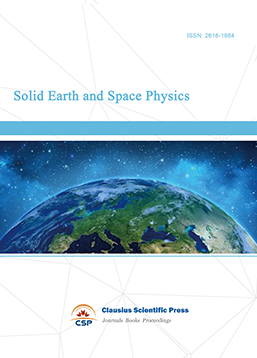
-
Environment and Climate Protection
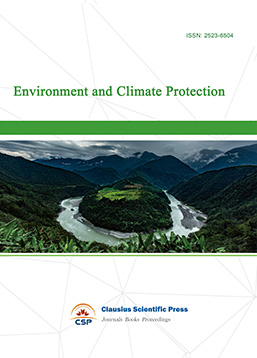
-
Journal of Cartography and Geographic Information Systems
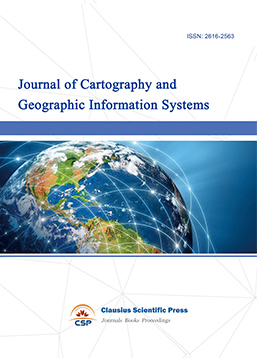
-
Offshore and Polar Engineering
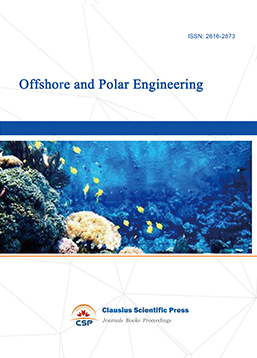
-
Physical and Human Geography
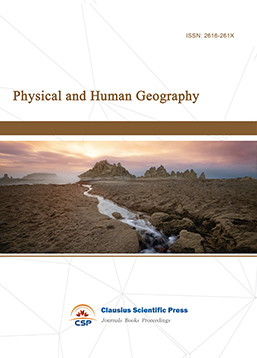
-
Journal of Atmospheric Physics and Atmospheric Environment
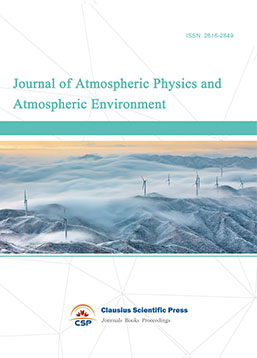
-
Trends in Meteorology
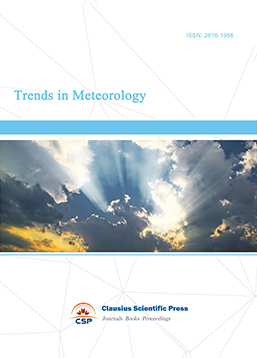
-
Journal of Coastal Engineering Research
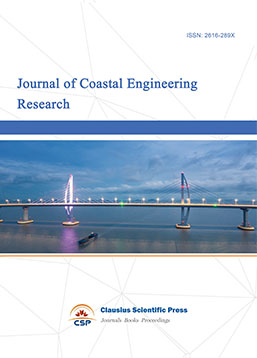
-
Focus on Plant Protection
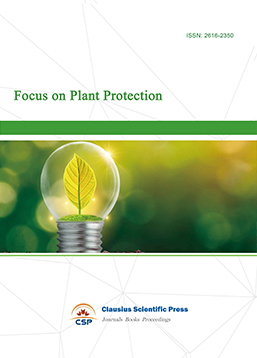
-
Toxicology and Health of Environment
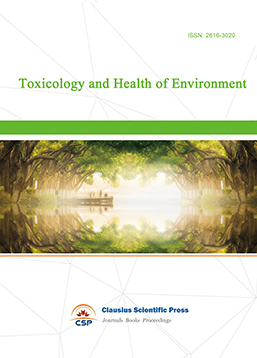
-
Geoscience and Remote Sensing
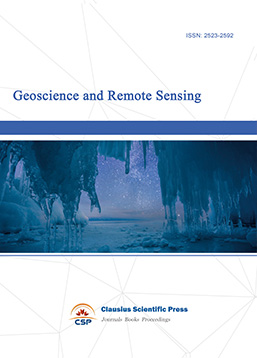
-
Advances in Physical Oceanography
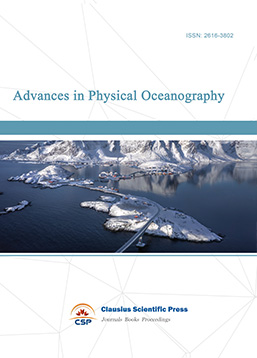
-
Biology, Chemistry, and Geology in Marine
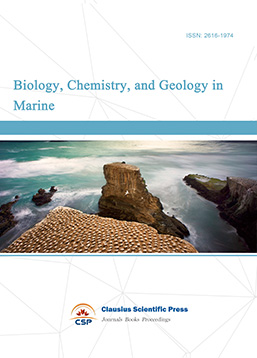
-
Water-Soil, Biological Environment and Energy
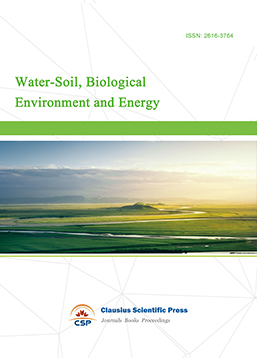
-
Geodesy and Geophysics
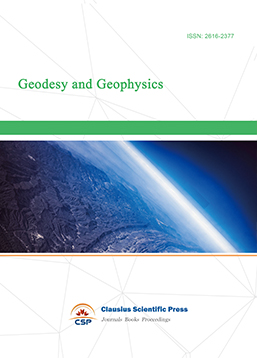
-
Journal of Structural and Quaternary Geology
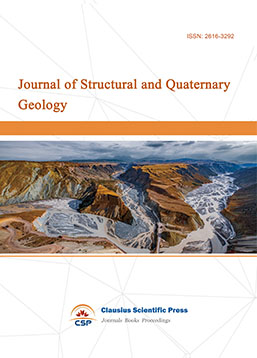
-
Journal of Sedimentary Geology
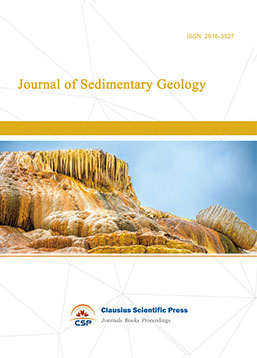
-
International Journal of Polar Social Research and Review
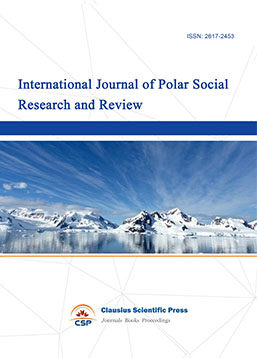

 Download as PDF
Download as PDF